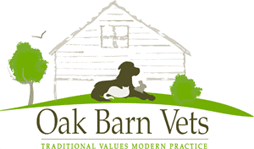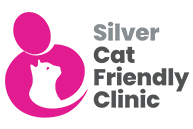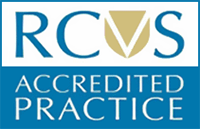With this sudden flush of lovely sunshine we are seeing the inevitable arrival of baby birds at the practice. Have a read here for the best advice on what to do if you find a baby bird.
It's perfectly normal for fledglings to spend a lot of time on the ground when they first leave the nest, often their parents are close by and by us interfering we can unintentionally do more harm than good.
Here is some fantastic advice from the RSPCA
I've Found a baby bird! Is the bird injured? If so then please contact the practice for advice
If it seems healthy, look at the feathers:If its fully-feathered - It’s a fledgling.
Fledglings have all or most of their feathers and leave the nest just before they can fly. The parents are usually nearby and will still be feeding the bird. Don’t touch a baby bird unless you are sure it genuinely needs help.
RSPCA centres care for over a thousand ‘orphaned’ fledglings each year, picked up by well-meaning people. Most of these birds are not orphans and would have had a better life in the wild.
Leave a fledgling alone and watch from a distance; it’s likely that the parents will take care of the bird. Never try to return a bird to the nest; this may disturb the other young birds and may be illegal.
If a fledgling is in immediate danger (ie on a busy road), place it in a sheltered spot a short distance away. If you find a tawny owlet under a possible nest site, monitor from a distance to see if the parents are nearby. If you hear them calling, leave the bird alone. Tawny owlets can climb back up into the nest.
If, after monitoring, you think a fledgling is genuinely orphaned, contact the RSPCA or the practice.
This baby bird has no feathers – or only a few - It may be a nestling. Nestlings will not survive long outside the protection of the nest, take it to your nearest wildlife rehabilitator. (see capture and boxing advice below).
Capture and boxing
If it’s safe to catch and handle the bird then, wearing suitable gloves, place it into a secure ventilated cardboard box, lined with towel or newspaper (do not offer food or water). Keep the bird somewhere warm and quiet and take it to your nearest wildlife rehabilitator as soon as possible.
It’s often faster to take an animal to a wildlife rehabilitator yourself, as your nearest RSPCA officer may be out of the area attending other calls. If you are unable to transport the bird, call 0300 1234 999.
Please don't try to care for young birds yourself - they need specialist care to survive.




